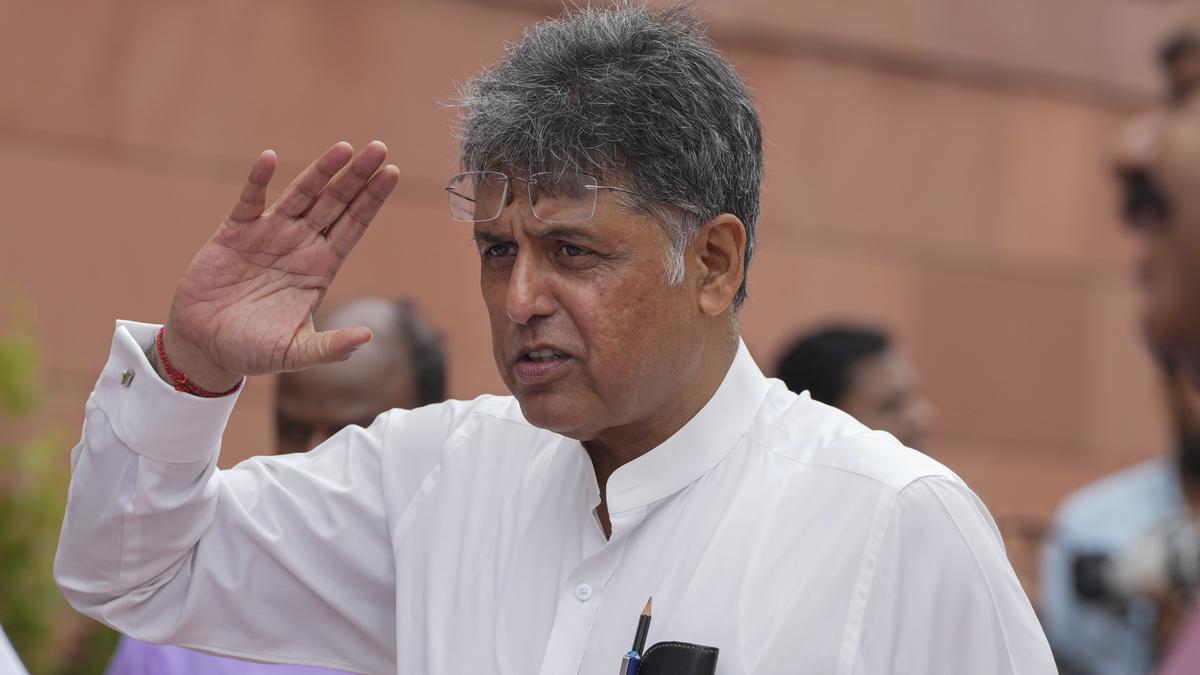ARTICLE AD BOX
Artificial intelligence has taken over so much of the job search that employers are resorting to a retro move: the in-person job interview.
 Realistic AI-enabled videos are one reason some companies are relying more on old-fashioned, face-to-face job interviews.
Realistic AI-enabled videos are one reason some companies are relying more on old-fashioned, face-to-face job interviews. Virtual interviews have become the new normal in hiring in recent years, driven by the rise of remote work and companies’ desire to speed up hiring. Trouble is, more candidates are using AI tools to cheat by feeding them answers off screen, especially in technical interviews, recruiters say. In rarer cases, AI-enabled scammers are impersonating job seekers with the aim of stealing data or money once they are hired.
Companies are responding by going old school. Cisco and McKinsey are among a growing number of companies bringing back or adding face-to-face meetings with candidates at various stages of the interview process. Google also has brought back in-person interviews for some roles this year, in part to ensure interviewees have the proper skills, for instance, in coding.
“We are making sure we’ll introduce at least one round of in-person interviews for people, just to make sure the fundamentals are there,” Google Chief Executive Sundar Pichai said on the Lex Fridman podcast in June.
Interviews for software-engineering and programming jobs, which typically involve real-time coding challenges, have become one of the biggest concerns. Many of those jobs, especially at smaller tech companies, are remote, one reason the interview process has become largely virtual.
Yet, it has become relatively easy to use AI tools off camera to write the code job candidates are being tested on, recruiters say.
“Everything’s come full circle,” said Mike Kyle, managing director of technology recruitment at Coda Search/Staffing in Dallas. He estimates the share of the company’s employer-clients requesting in-person interviews has risen to 30% this year from 5% in 2024.
An AI arms race
The revival of in-person interviews is an unexpected twist in the AI arms race that has been building between job seekers and employers. Overwhelmed by the flood of applications to online job postings, employers turned to software to sort through candidates—and screen many out. Frustrated job seekers, in turn, have leaned on AI tools to craft more tailored applications and robo-apply for hundreds of jobs in just a few clicks.
Fast-evolving AI advances now make it possible to create highly realistic deepfake videos and audio. Such tools can enable a perhaps less-qualified candidate to gain an unfair edge in an interview or, worse, allow swindlers to impersonate someone looking for work. The Federal Bureau of Investigation recently warned of a scam involving thousands of North Koreans posing as Americans to secure remote jobs at U.S. tech companies and collect paychecks.
In a survey of 3,000 job seekers by research and advisory group Gartner this year, 6% said they had participated in interview fraud, either posing as somebody else or having someone stand in for them. Gartner predicts that by 2028, one in four job candidate profiles worldwide will be fake.
Other companies say the sheer potential for AI to distort the interview process is a factor in bringing back more in-person exchanges with job candidates.
About a year and half ago, McKinsey began encouraging hiring managers to meet with prospects in person at least once before making an offer, on top of video interviews, said Blair Ciesil, a partner who co-leads recruiting at the consulting firm. The initial impetus was to get a better read on how candidates build rapport and trust with others for roles that often involve working face-to-face with clients.
The rise of AI scams and other digital cheating methods has prompted the consulting firm to rely even more on in-person interviews, Ciesil said.
“Whether it’s sending in a fake application, it’s a bot, or it’s using some sort of AI augmenting tools during an interview to help them perform differently, we’re seeing that,” Ciesil said.
‘Something that feels off’
For regular job seekers and employers, all of the fakery is breeding more distrust in the hiring process and often still keeping the best candidate from getting the offer.
“As far as mimicking existing profiles and actually doing well in interviewing processes, these [fake] profiles are really good,” said Rosa Bazyluk, head of talent acquisition at Tomo, an AI-powered mortgage lender.
The New York-based company, which has spotted applicants using technology to alter their identities or answer questions, now screens more closely for signs of fakery in video interviews, such as off-screen whispering or typing and pausing before responding.
Employers also are turning to services specializing in digital background checks and deepfake detection. In June, hiring software company Greenhouse said it would join with Clear, the identification-verification company that provides travelers access to expedited airport-security lines, to enable job candidates to verify themselves on Greenhouse’s hiring platform.
Cisco also has been working with a company specializing in biometric-identification verification to confirm that job candidates are who they say they are.
Clear’s secure-enrollment terminals, which helps travelers access expedited airport-security lines.
Just raising the prospect of an in-person interview with a job candidate can weed out potential scammers.
“It’s happened where people just go quiet after that,” said Kelly Jones, the company’s chief people officer. Cisco has added in-person interviews to some hiring decisions over the past year, in part because it had run into candidates faking their credentials or location.
“We’ve done it a few times where we’ve had a candidate get to the final stages and there’s just something that feels off,” she said.
Write to Ray A. Smith at [email protected]
 AI Is Forcing the Return of the In-Person Job Interview
AI Is Forcing the Return of the In-Person Job Interview 


.png)
.png)
.png)
















 1 day ago
3
1 day ago
3









 English (US) ·
English (US) ·